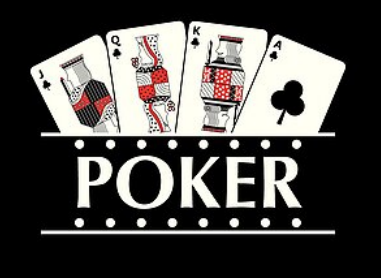The Joker card from a standard 52-card deck can serve both as a wildcard or to complete pairs, making them integral parts of both poker and other card games. We will explore its rules and strategy in joker blackjack as well as discuss its impact on a player’s chances of victory.
The joker is a common feature in modern French-suited card decks, and since the second half of the 20th century has also become part of Spanish and Italian suits (excluding stripped decks). In some countries such as the US, jokers may be printed separately from standard suits of clubs, diamonds, hearts, and spades and often feature unique artwork which reflects current cultural norms; certain decks may even contain two differently colored jokers (for instance black and red jokers).
Based on how it is utilized, a card may be worth either zero or one points in a hand of blackjack. The value of joker cards depends on each situation, with any being worth one point if believed that they can help create winning hands – for instance if one believes a joker will help create winning combinations then its value increases accordingly.
At 21 in this game, players should aim for two tens and the joker to equal 21 and win their bet. Since the dealer does not peek at his or her cards when dealing, if one or both cards is revealed as the joker then play will stop and players may forfeit any initial wager but not any split or double bets made during that hand.
In this variant of the game, a player may choose to switch out the joker for any standard card between 2 and Ace. While this option is often available, sometimes players must first select which card they intend to replace it with before taking further steps. If no suitable replacement card is selected then the joker is removed and another one is dealt.
Many patience games do not include jokers; however they can be found in certain versions of Klondike. Other variations such as Dou dizhu and Go Fish use them to prevent 13-13 ties or create stronger pairs with one-card matches; also used are Chinese-style patience games such as Zwicker and Qiuqiu where jokers act as higher value matching cards with a lower-value wild ace card; the United States Playing Card Company uses two Jokers (one black and one red) as wild cards in Qiuqiu for example).

